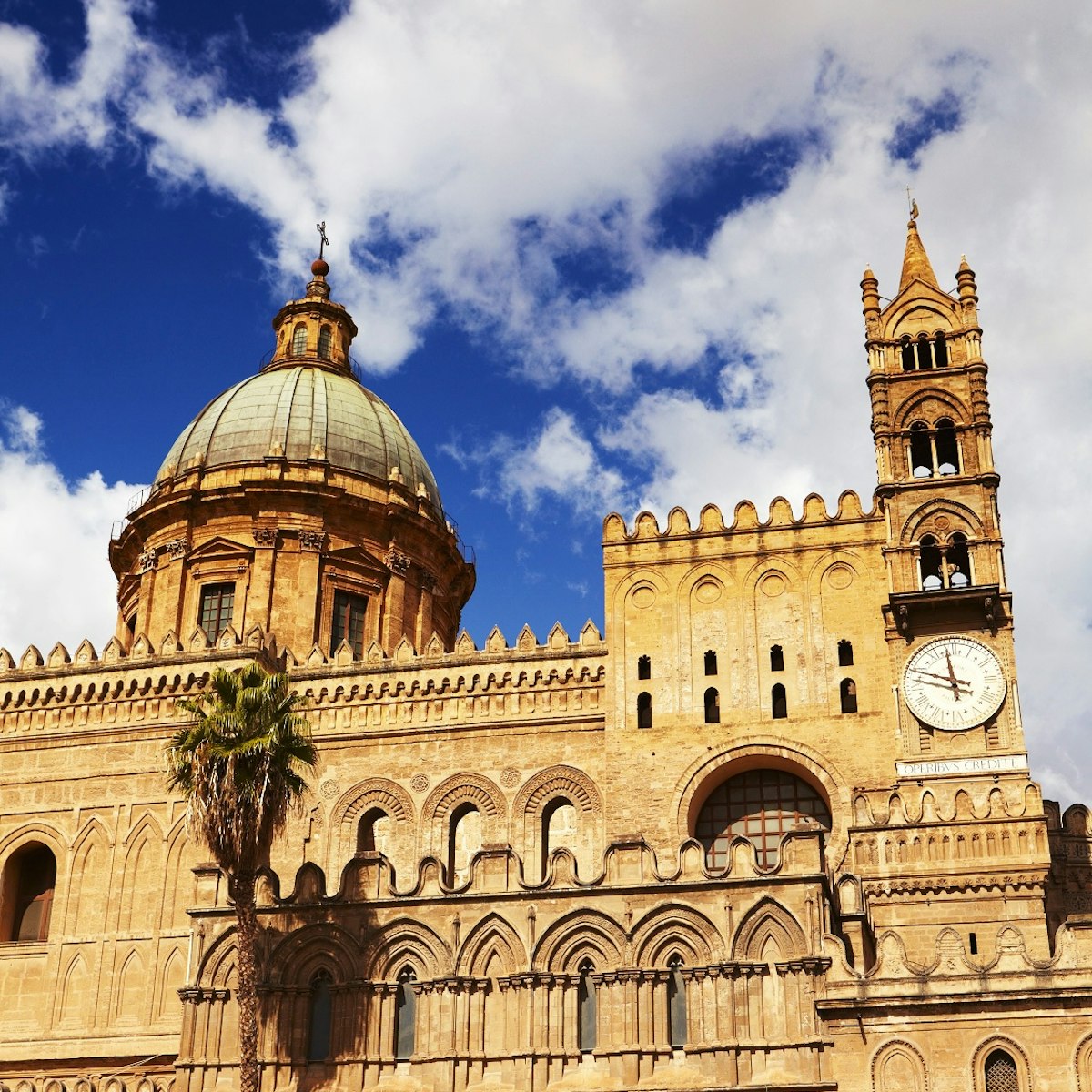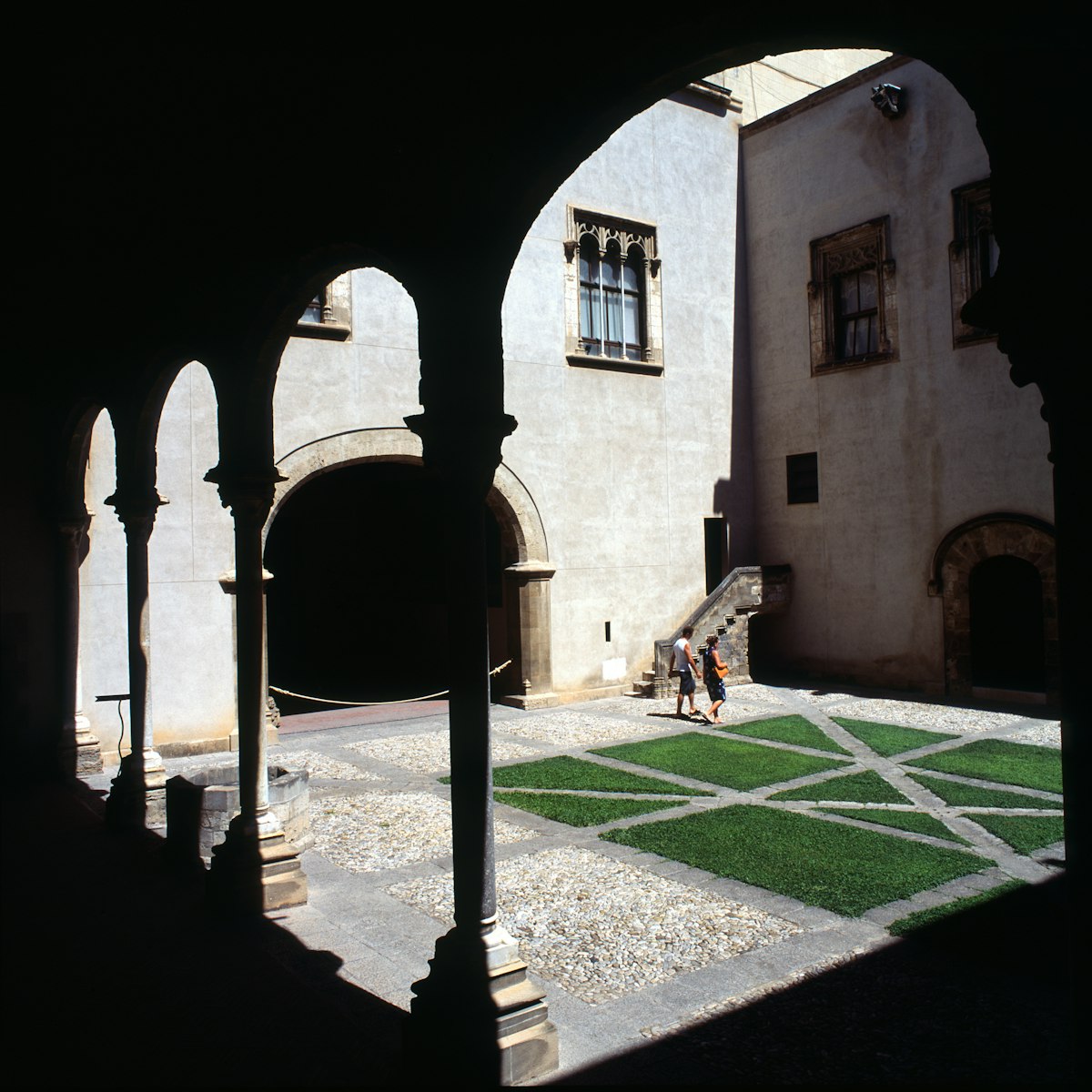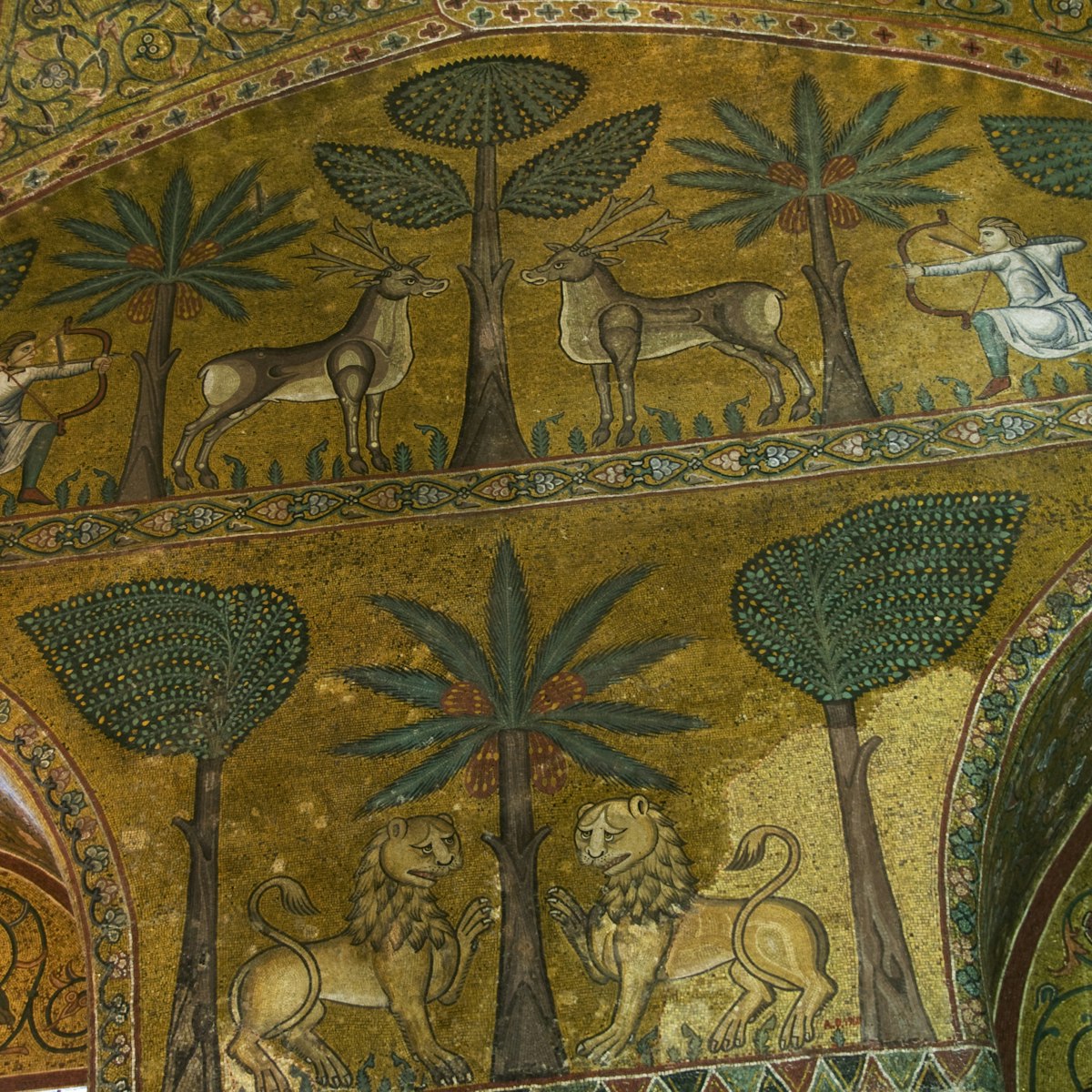Fringed by imposing churches and buildings, Piazza Pretoria is dominated by the over-the-top Fontana Pretoria, one of Palermo's major landmarks. The fountain's tiered basins ripple out in concentric circles, crowded with nude nymphs, tritons and leaping river gods. Such flagrant nudity proved a bit much for Sicilian churchgoers, who prudishly dubbed it the Fontana della Vergogna (Fountain of Shame).
Designed by the Florentine sculptor Francesco Camilliani between 1554 and 1555 for the Tuscan villa of Don Pedro di Toledo, the fountain was bought by Palermo in 1573 and proudly positioned in front of the Palazzo Pretorio (Municipal Hall) in a bid to outshine the newly crafted Fontana di Orione installed in Messina.








